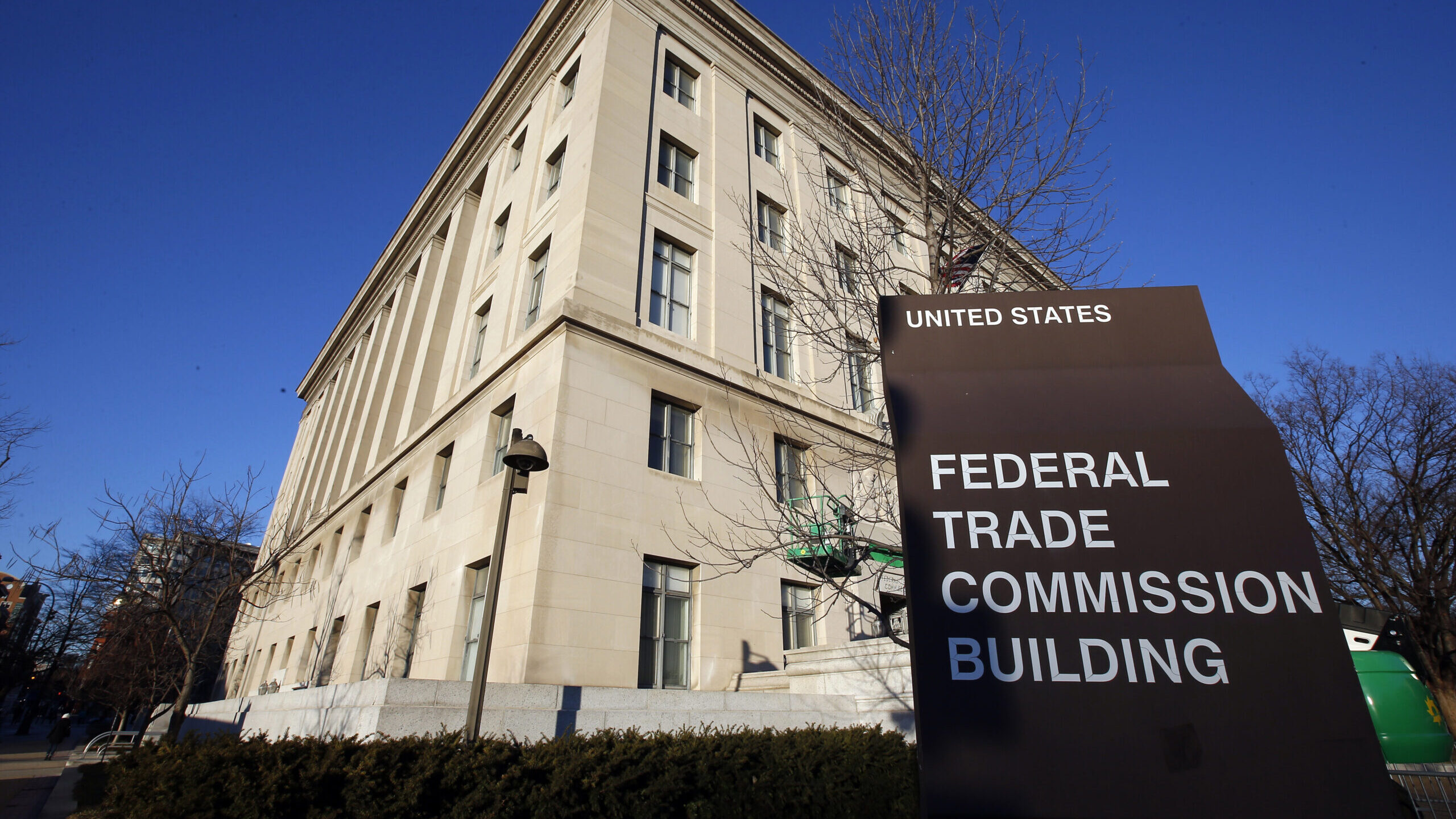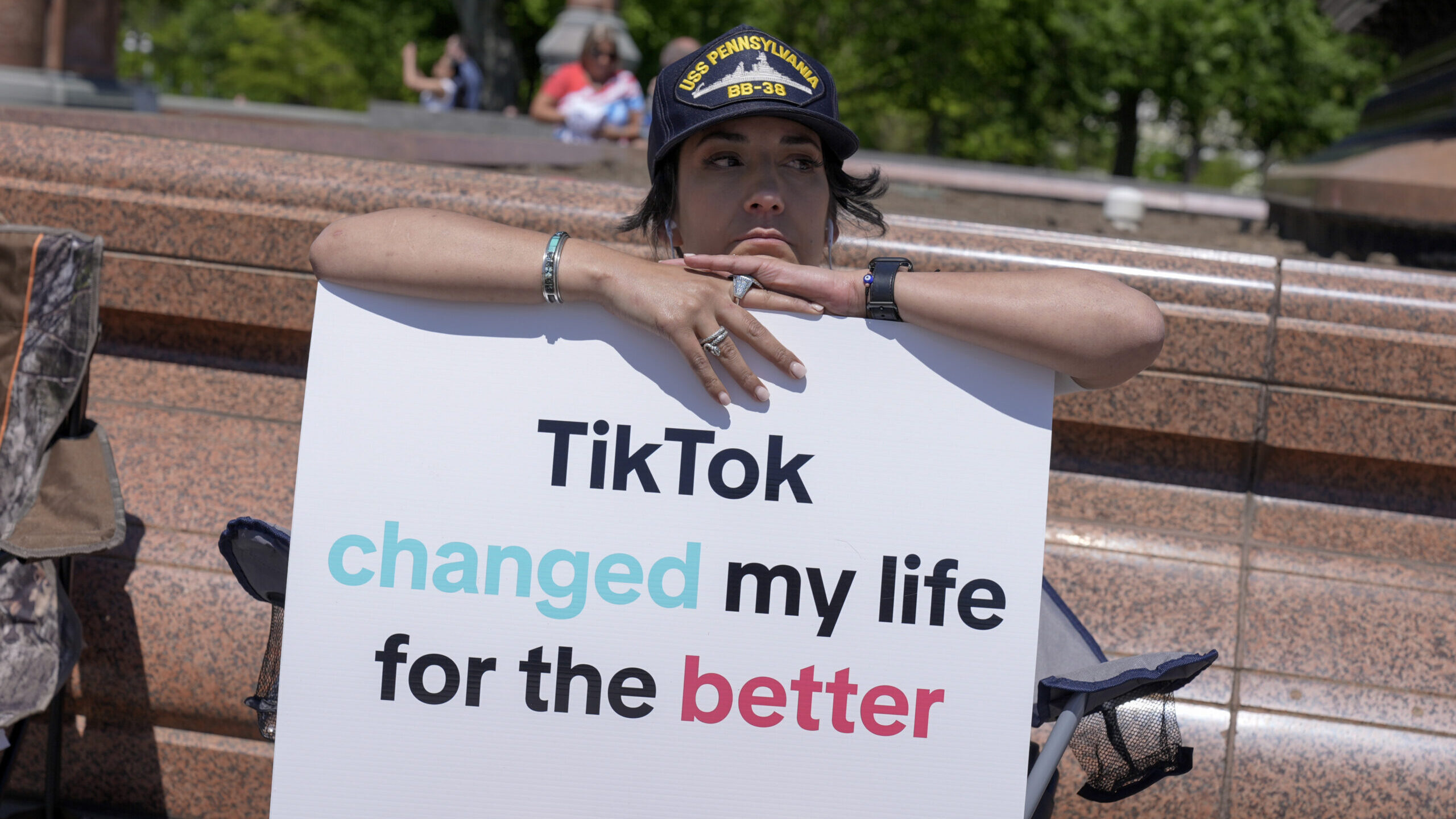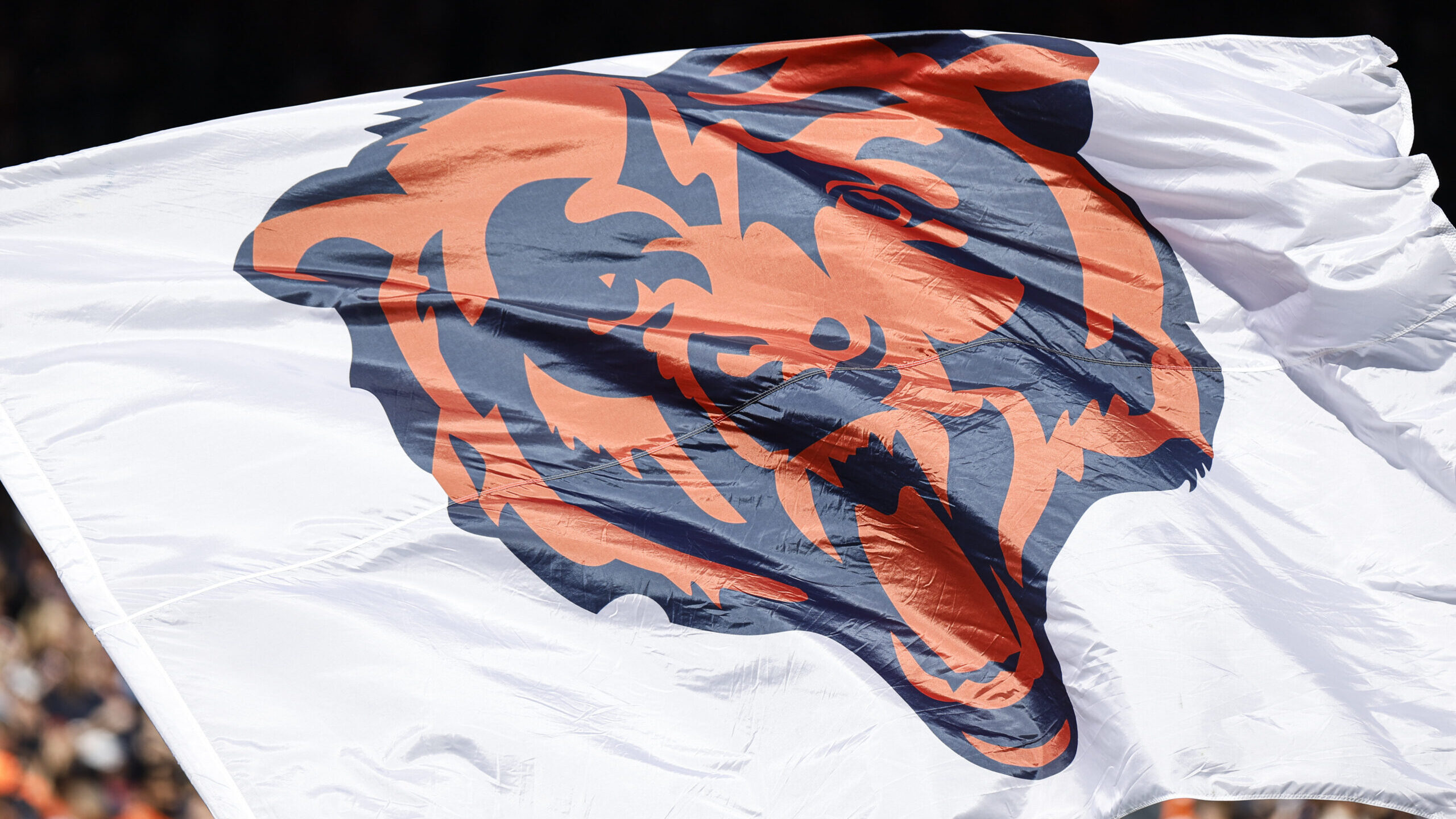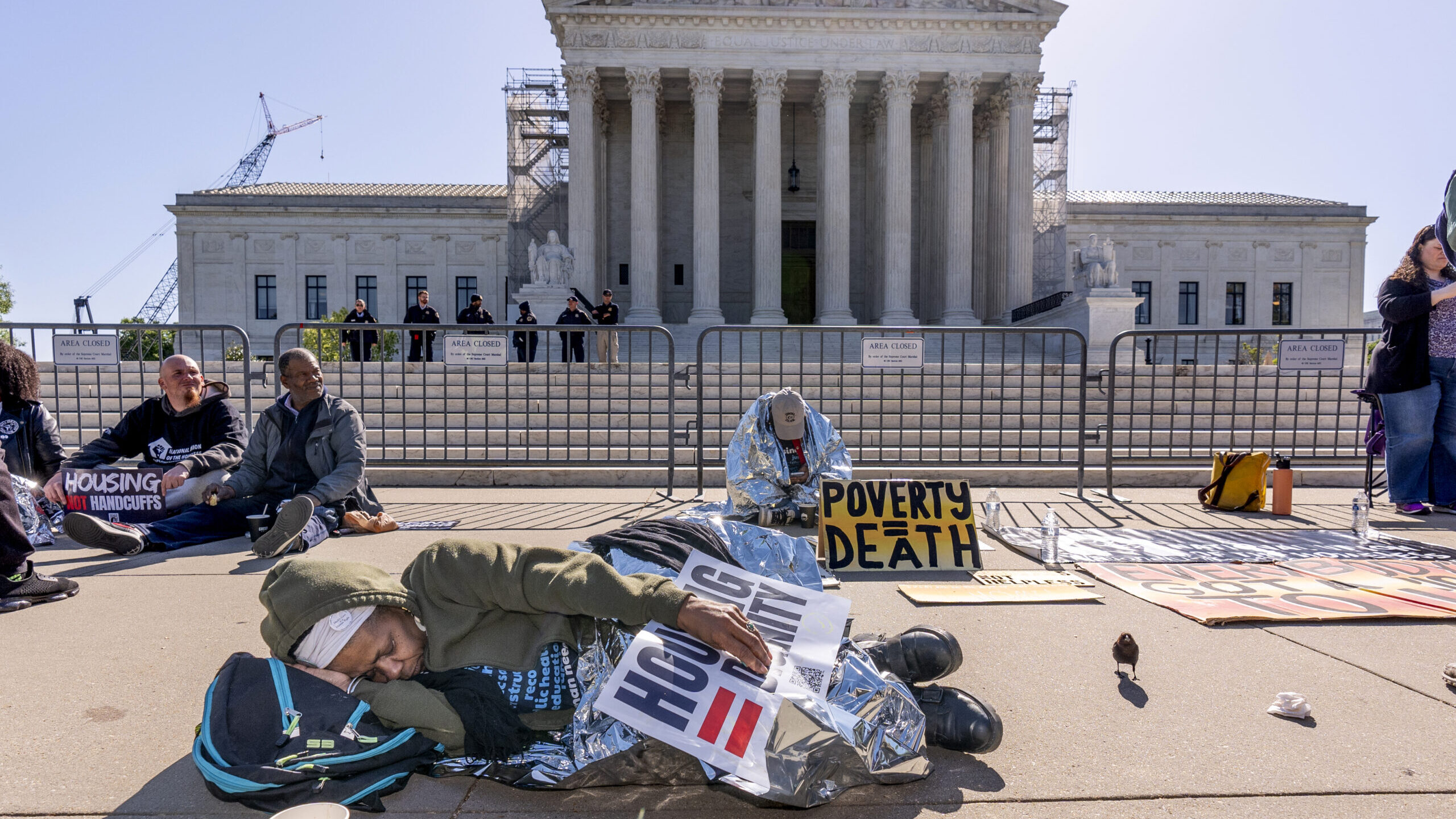Why some people are still fascinated by college rankings
Sep 21, 2022, 7:00 AM

FILE: Nassau Hall ivy, Princeton University Campus. (Photo by John Greim /LightRocket via Getty Images via CNN)
(Photo by John Greim /LightRocket via Getty Images via CNN)
(CNN) — Almost 40 years ago, U.S. News & World Report asked more than 1,300 college presidents to rate their peer institutions and published the results in its inaugural “Best Colleges” rankings.
The publication’s easy-to-digest hierarchy of undergraduate institutions — based solely on reputation — was an effort to best competitors Time and Newsweek. It proved massively popular — “Best Colleges” soon became a yearly feature and spawned a college rankings industry.
Westminster College to change name to Westminster University in 2023
Since that first list in 1983, the formula U.S. News uses to calculate its college rankings has evolved considerably, though the schools that dominate have remained much the same. Despite mounting criticism over the methodology and criteria U.S. News uses to assess an institution’s quality, as well as the emergence of other such lists, the annual publication of its rankings is something of an event in higher education — as seen with last week’s release.
The influence of the U.S. News rankings is undeniable. Universities tout their rank in press releases and campus brochures, and declare that they want to improve their positions in their strategic plans. Current students and alumni check the rankings to see how their school fared, and high school students consult them to determine what colleges they should strive to get into.
“There is kind of a culture around rankings that is unhealthy,” said Brennan Barnard, director of college counseling at Khan Lab School and co-author of “The Truth About College Admission: A Family Guide to Getting In and Staying Together.”
Still, the rankings endure in popularity.
They feed into a fixation on status
The college application process today is riddled with pressure and anxiety, and rankings feed into that, experts say.
For a certain subset of high school students in middle and upper class communities, getting into a “good” school is the ultimate goal — the reason they load up their schedules with rigorous AP classes, extracurricular activities and SAT prep. What’s considered a “good” school? More often than not, it’s Ivy League institutions and other prestigious universities — in other words, the schools that perform well in the U.S. News rankings and similar lists.
BYU student creates 3D campus map from tens of thousands of photos
As getting into elite universities becomes increasingly harder, getting a spot at one is a status symbol of sorts, Barnard said. It comes with bragging rights, and opens doors to opportunities that might otherwise be out of reach. It can sometimes push people to go to great lengths to get their children into a desirable school. Perhaps the best example of this is the “Operation Varsity Blues” scandal, which saw wealthy parents, including Hollywood actors, charged with trying to get their children into prestigious institutions through fraudulent means.
“We live in a brand-obsessed society, and so there’s a little bit of fear and a little bit of ‘Keeping Up with the Joneses’ built in there,” Barnard said.
Research suggests rankings can affect where students apply to college and how competitive freshmen classes are. A 2014 study published in the journal of the American Educational Research Association found that colleges that made the top 25 on the U.S. News rankings saw a 6% to 10% increase in applications.
And in a 2019 survey of incoming first-year students, 15% of respondents named rankings as “very important” in choosing the school that they did. While that number may sound small, Barnard said that rankings may have more of an influence than many students and families care to admit.
“I don’t think we’re always honest with ourselves about how much we’re placing weight in the rankings,” he added.
They offer easy answers in a daunting process
Not everyone looking to the rankings is status-obsessed, though.
What college a student attends is often framed as one of the most important decisions a young person will make, and given the hefty price tag that now comes with it, students and families want to be sure that they’re making the smartest investment.
First-ever Muslim youth conference held at University of Utah
Navigating the college admissions process, however, can be daunting and few families have the resources to guide them through it, said Barnard. Just one-third of public high schools have a counselor dedicated to college advising, and the shortage is even worse for schools with high poverty rates, Education Week reported in 2018.
“Left to their own devices and with this information overload, families don’t know where to start,” Barnard said. “So they default to this third party system of telling them what’s good and what’s not.”
Students and families turn to rankings to narrow down hundreds of potential colleges and universities and identify which might be worth applying to, said Robert Kelchen, a professor and head of the department of educational leadership and policy studies at the University of Tennessee, Knoxville. He is also a data editor at Washington Monthly, which publishes an alternative college ranking that rewards social mobility, research and public service.
Utah State University helps NASA with space exploration
The issue is that the U.S. News rankings — which remain the most well-known by virtue of being around the longest — are based in part on criteria such as selectivity and reputation, which may not suit the needs of most students, Kelchen said. In other words, while they offer enticingly simple conclusions, they aren’t one-size-fits-all.
Bob Morse, the chief data strategist who developed most of the U.S. News ranking methodology, previously told CNN that the rankings are valuable to students and families, equipping them data and information to help inform their college search. He also said that outcomes — such as graduation rates and social mobility — now account for 40% of a school’s rank. But Kelchen still sees limitations.
“U.S. News is focused on ‘How do you get the best outcome for one individual student?’ and getting the student into an Ivy is a wonderful thing,” Kelchen said. “But thinking more broadly about the public good, there are so few spaces at Ivies that it’s also important to identify colleges that do a really good job getting students farther along in life.”
But the conversation is slowly shifting
In today’s hyper-competitive, status-driven society, it’s perhaps no surprise that the U.S. News rankings continue to retain such a grip on students and universities — they speak to the desires of students to get ahead. Attending a top-ranked school provides a sense of satisfaction and accomplishment, as well as a degree of advantage. On some levels, that allure will always remain.
But there are signs of a culture shift. Policymakers and professionals in higher education have for years dismissed the U.S. News rankings — even if that sentiment hasn’t fully trickled down to students and families.
“There’s a growing recognition of the importance of post-secondary value,” said Piper Hendricks, vice president of communications and external affairs for the Institute for Higher Education Policy. “I’m hopeful that that momentum will continue and that it will reach the point where families and students and individuals are able to really make the decisions based on answers that they deserve to have.”
Barnard encourages students and families to dig deeper into the data (or lack thereof) on which U.S. News rankings and similar lists are based, and to explore alternatives that might better reflect their values. Degree Choices and Third Way, for example, are based on what schools offer a higher chance of economic success.
“What we need is more granular detail, and for families to really understand what’s the secret sauce to making the methodology around the rankings,” he added.
Rankings, by design, offer simple answers to a complex decision. But if people are going to consult them, Barnard and others said, they might as well be discerning about it.
The-CNN-Wire
™ & © 2022 Cable News Network, Inc., a Warner Bros. Discovery Company. All rights reserved.













